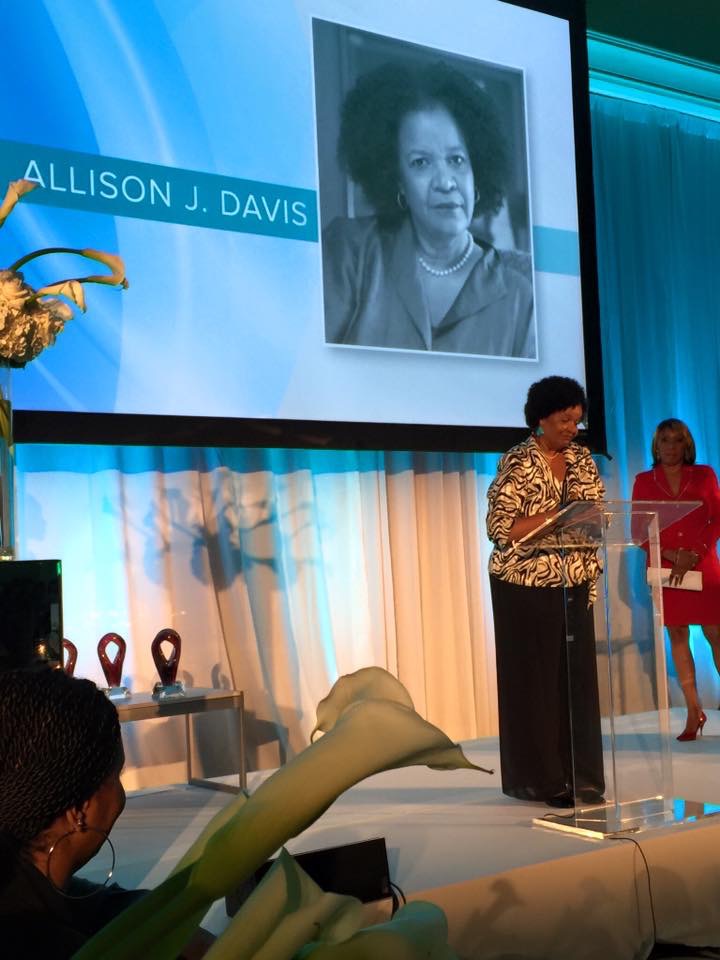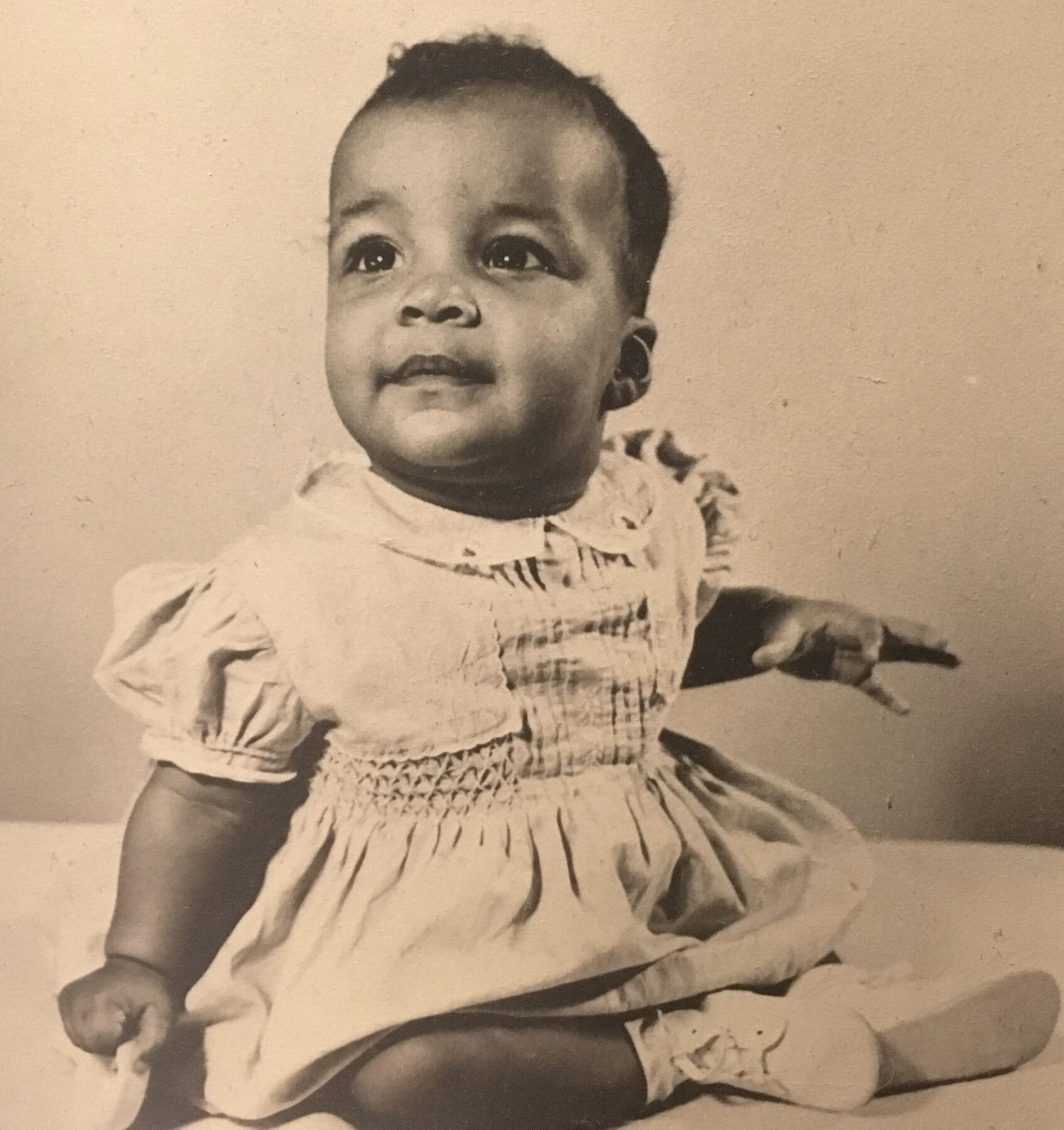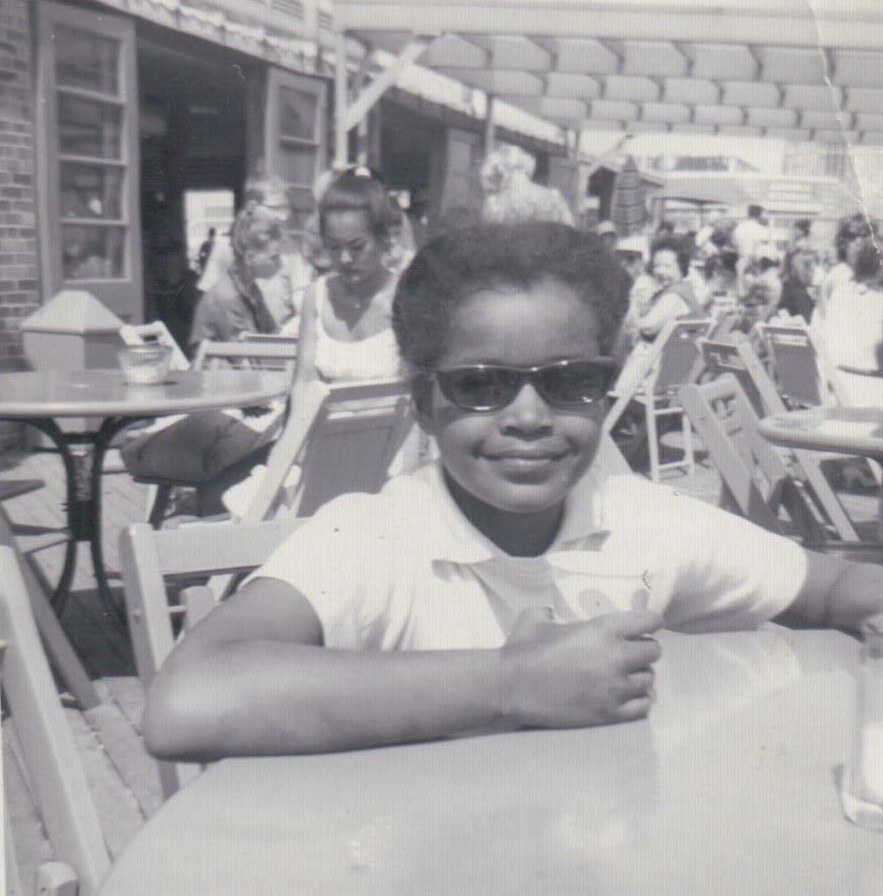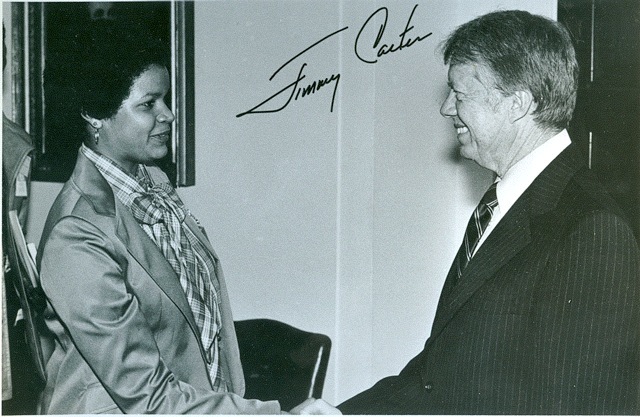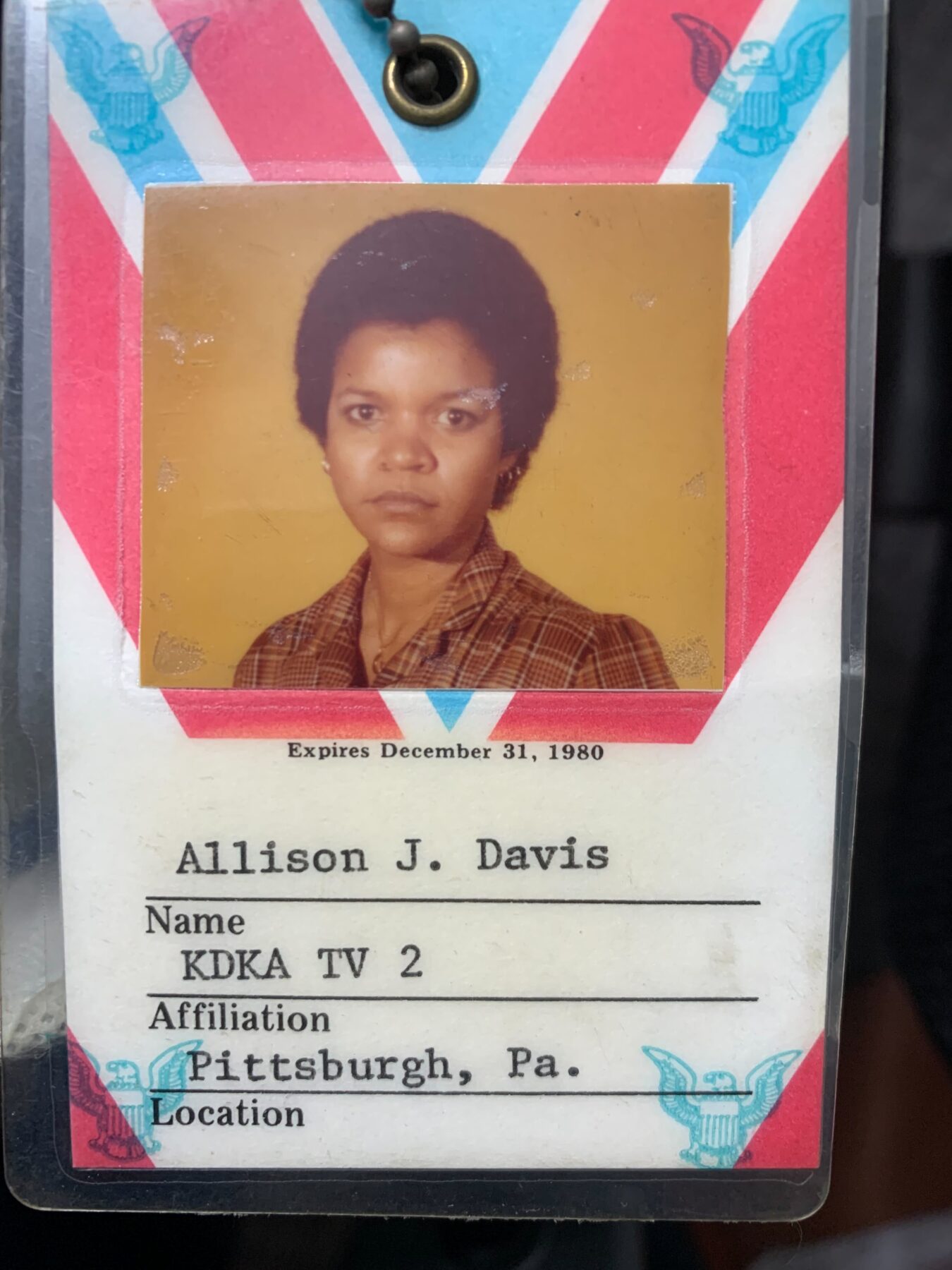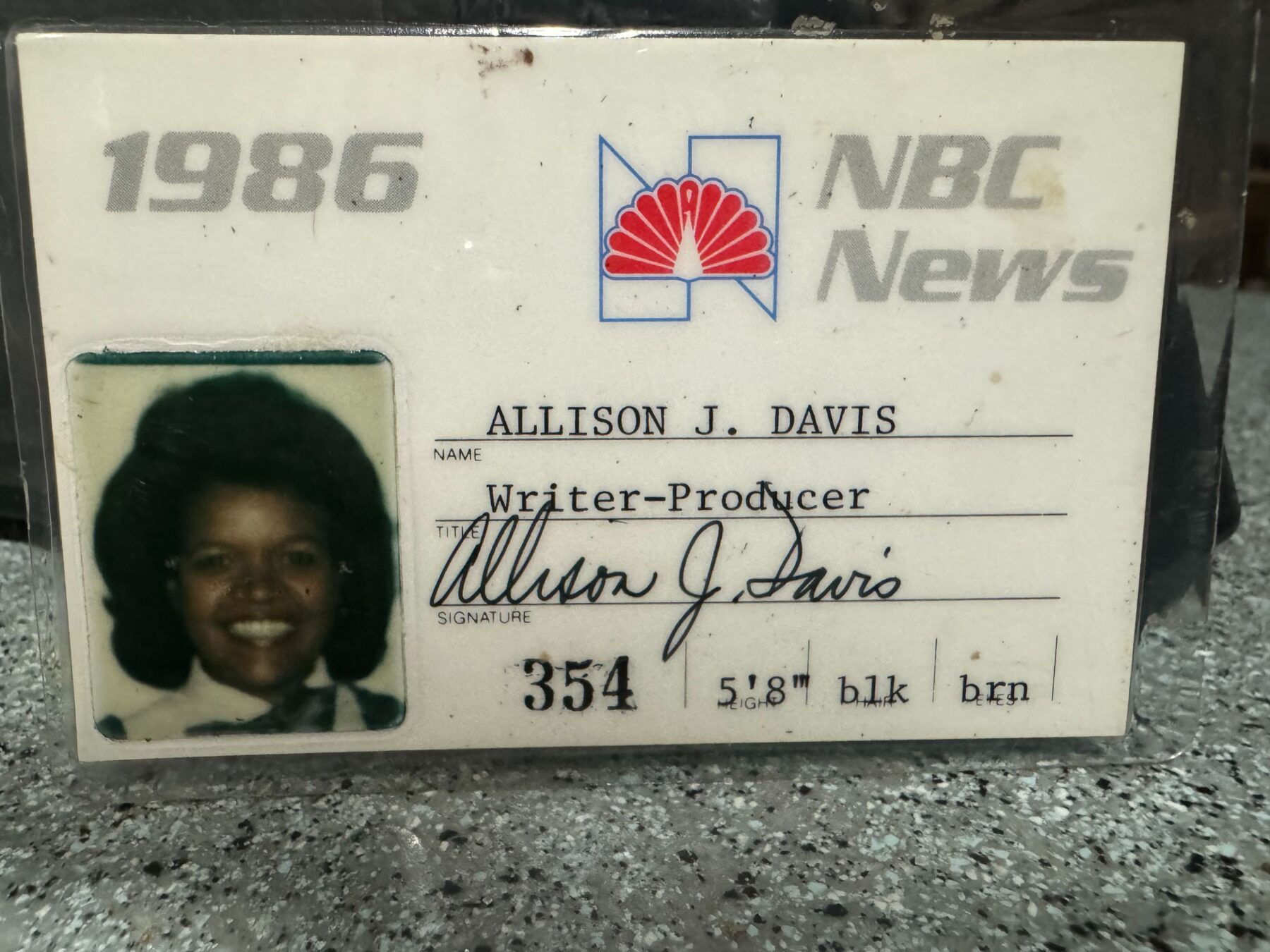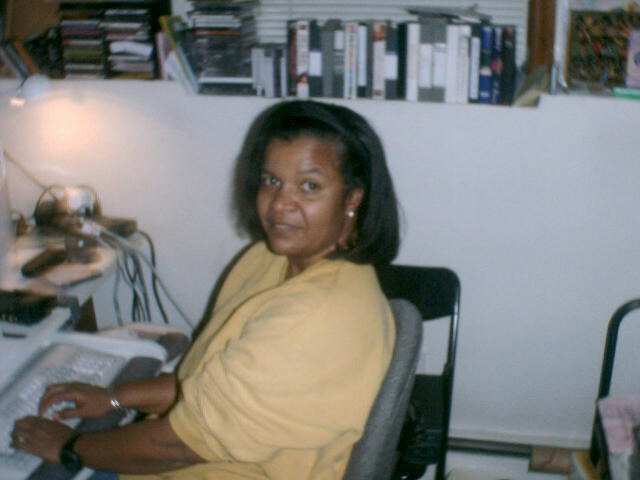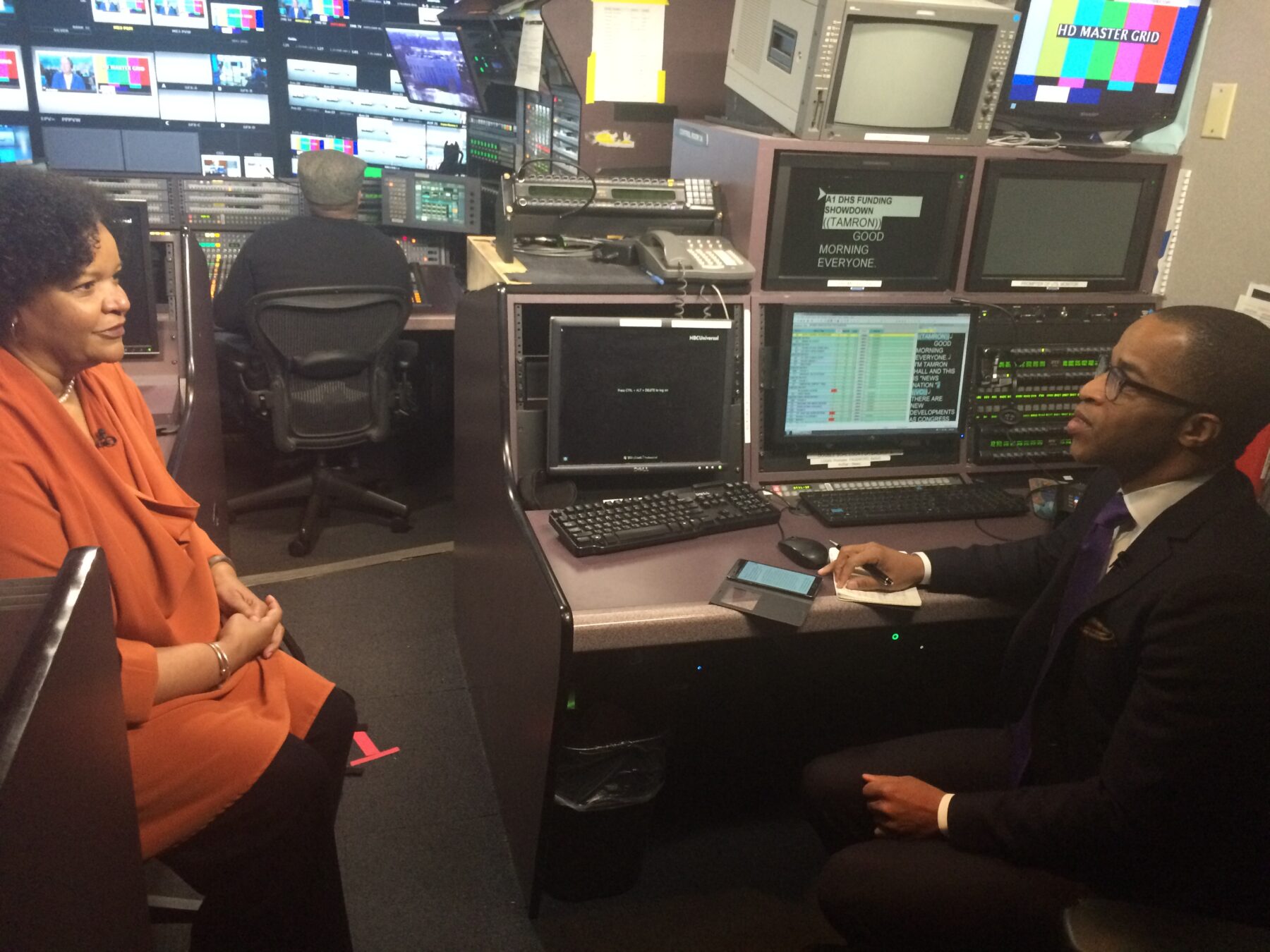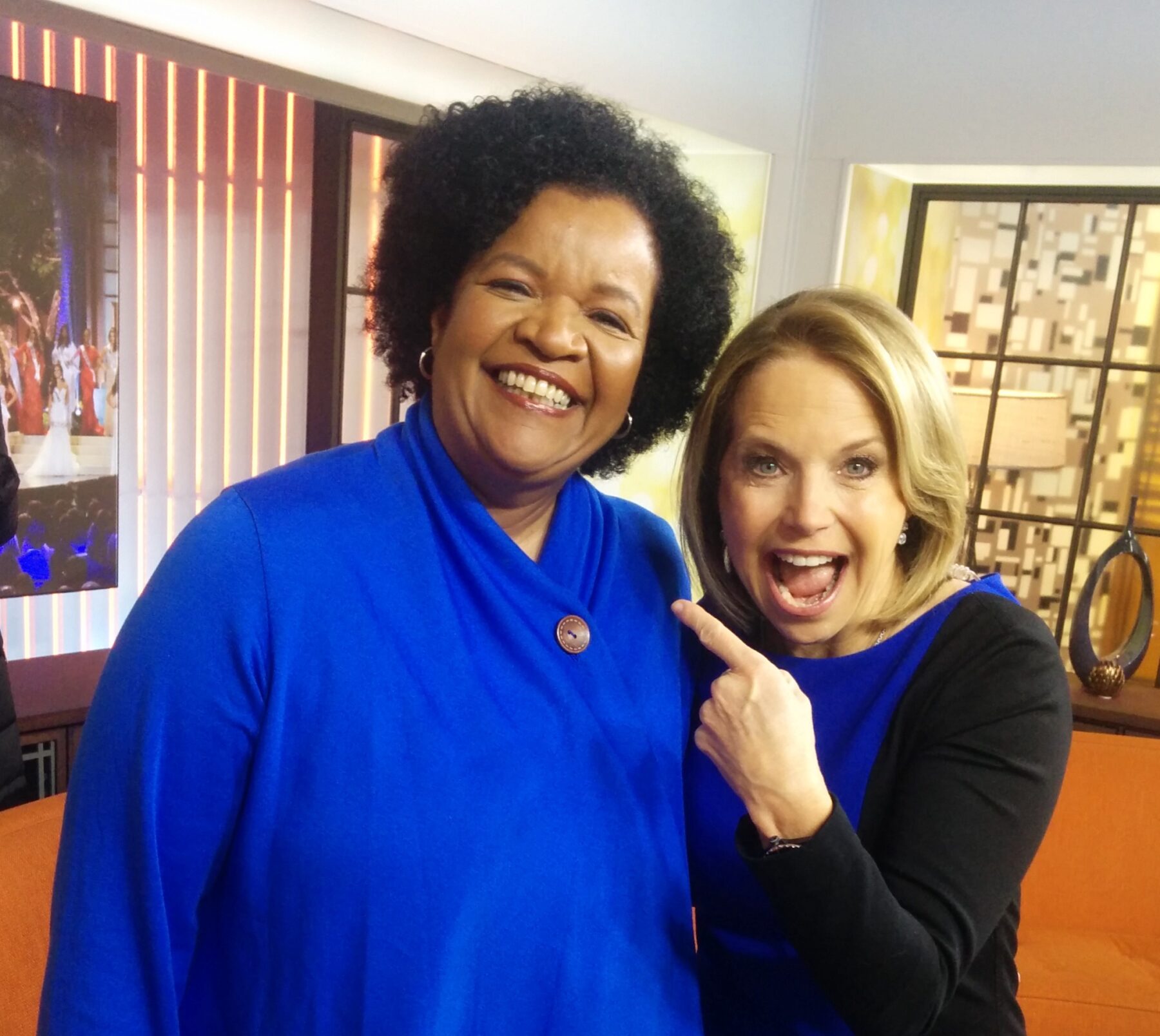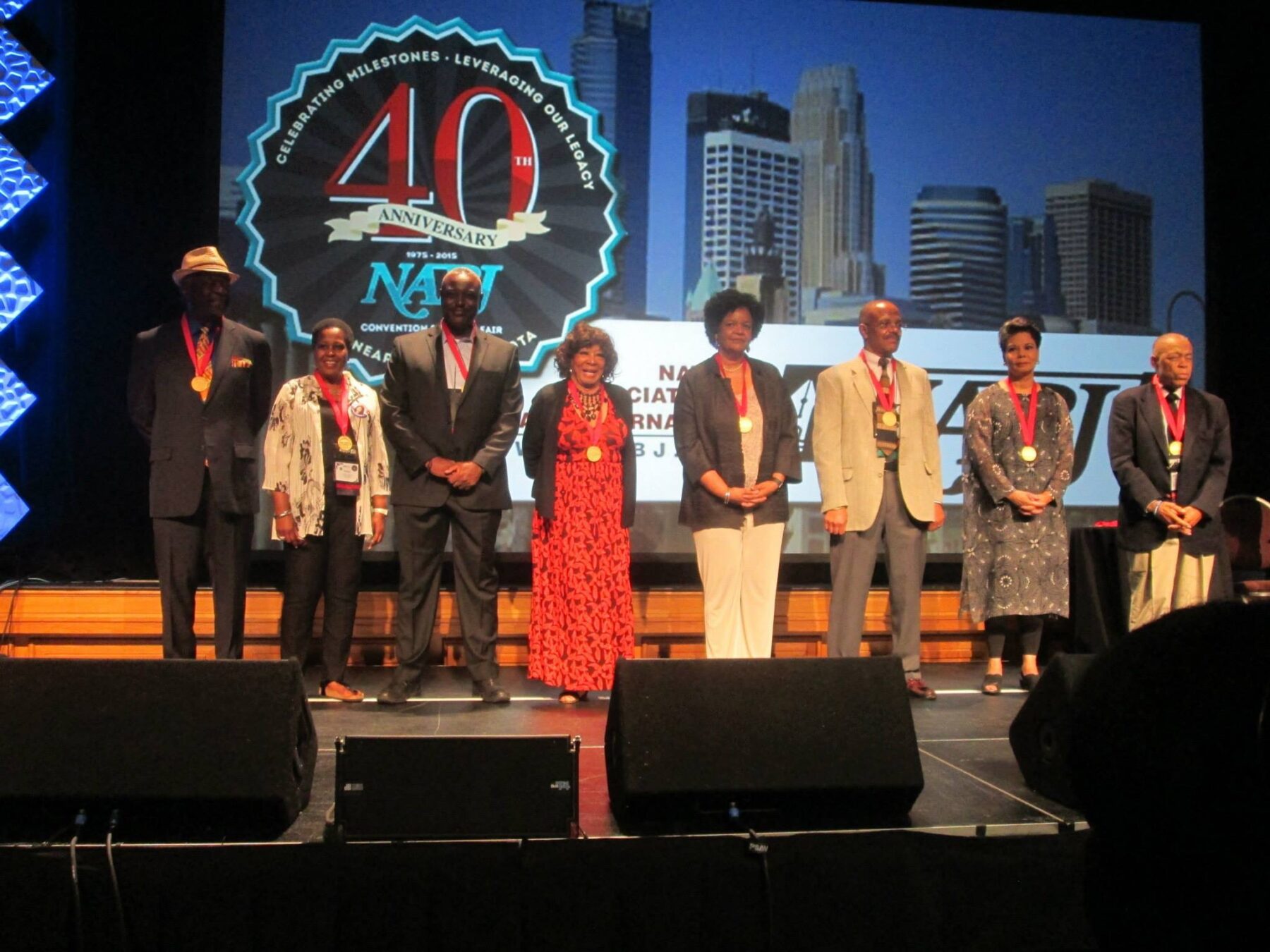Cultural competence, or the ability to appreciate and fully understand other people’s cultures, is a crucial skill for journalists. Former NBC News and MSNBC.com executive producer Allison Davis, who co-founded the National Association of Black Journalists in 1975, has pushed for decades for better cultural awareness among journalists and to end stereotypes in media.
“There’s a real need to raise the level of competency of understanding who your neighbor is,” Davis said. “Raise that level of cultural competency so we understand those rich histories and we’re not perpetuating the stereotypes that we’ve done for decades.”
Davis worked in local news in the 1970s, then for NBC News programs including “TODAY” and “NBC Nightly News.” In the 1990s, Davis became the first executive producer of MSNBC’s online news team. All these roles allowed Davis to include voices and populations that had been historically excluded from media.
Watch the video above and read interview excerpts below to see how Davis became a journalist and a champion for cultural understanding.
How did your parents influence you?
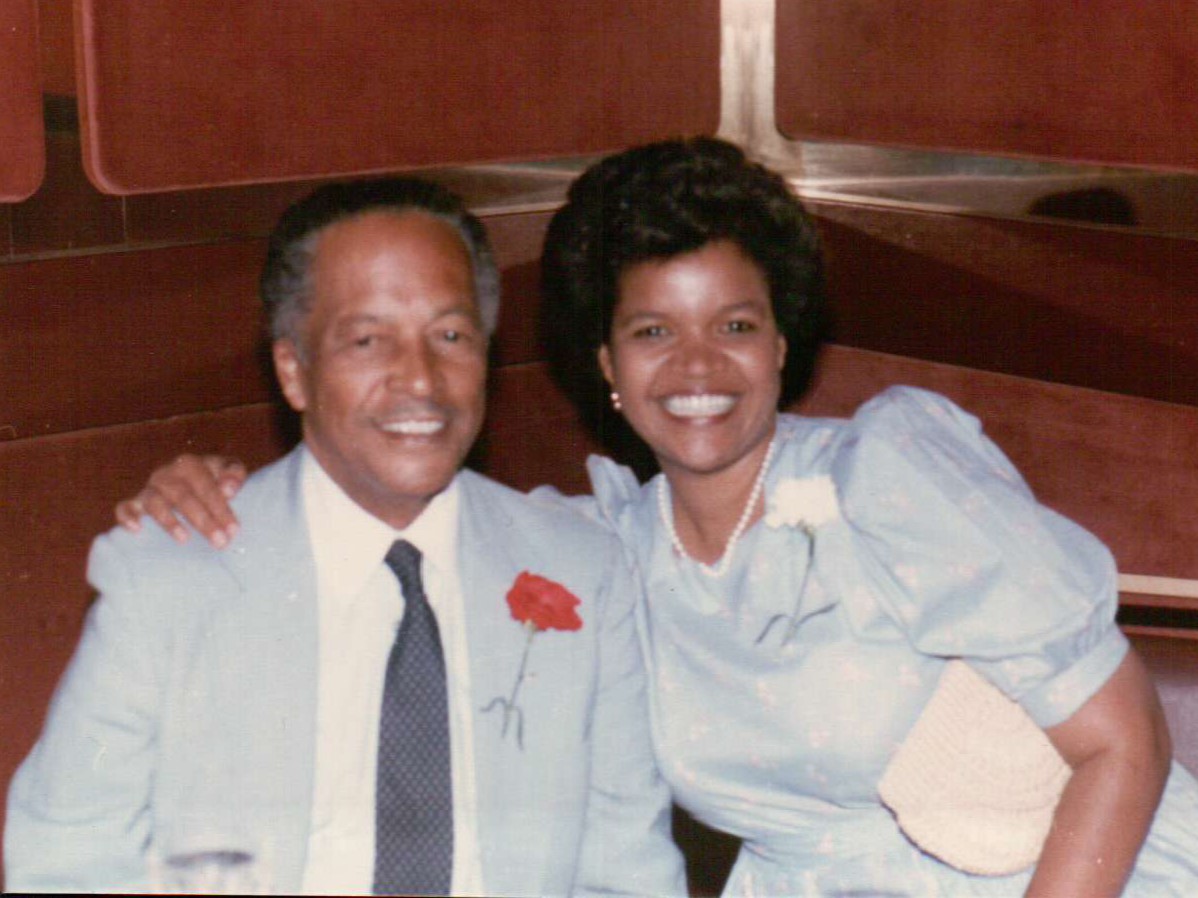

My parents really helped us understand what was happening in relation to civil rights. My dad was initially the assistant director of civil rights for the AFL-CIO. He never really told us where he was during the week, but we found out later he was in Selma, Alabama, ready to cross the Edmund Pettus Bridge with Martin Luther King. He was on picket lines throughout the country with Bayard Rustin. My dad, because of his union background, was able to share survival techniques. Through him, I found a voice.
My mother was a registered nurse, but mostly a housewife. I remember in the ’60s going to B. Altman [department store] in New York with my mom, and this woman, who was white, refused to hand my mother back her change and put it on the table. My mother stood there, and I remember saying, “Come on, Mom, pick up the money.” My mother said, “I will take it from her only when she puts it in my hand.” That was her lesson to me. My mother was extremely proud, and she and my dad expected excellence. We tried to give it to her.
Why did you become a journalist?
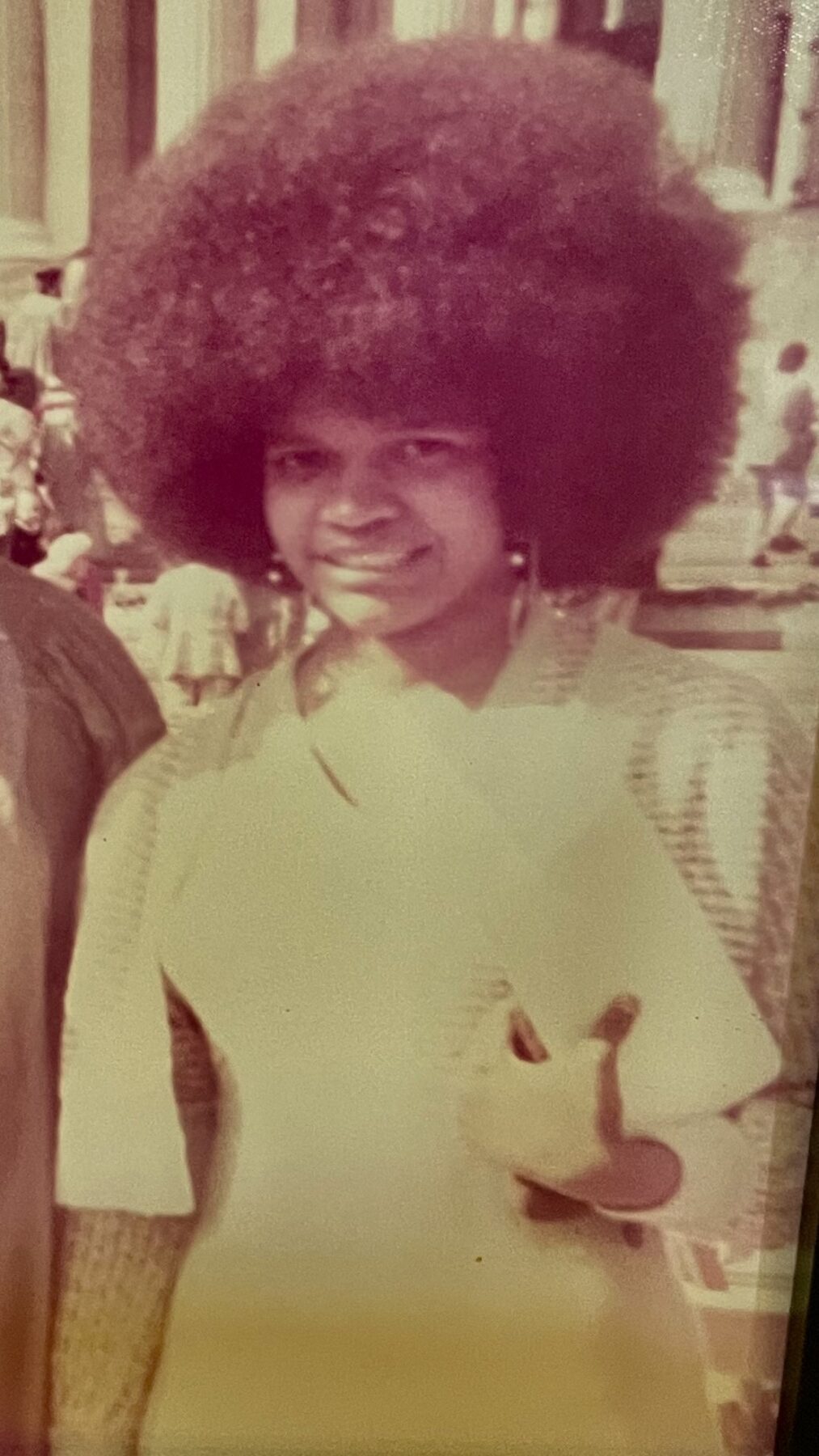
I was on my high school newspaper. I wanted to tell good stories, inform, educate and promote change. Being a journalist was the best way to do that.
When I wrote for my college newspaper, on the first day of court-ordered desegregation [of Boston public schools], I was on a bus in South Boston and saw people getting hit and stoned. I decided maybe journalism was not what I wanted to do, so I took some courses in guidance counseling and ended up at Hyde Park High School. My job was to make the Black students like the white students and the white students like the Black students. There was a fight in the school and everybody stormed the door. I figured, “Let me get out of here.” I thought that there were hundreds of Black students behind me. Well, there weren’t, and what happened was they were throwing stones at me.
I ran down and there was a camera person from [then-NBC affiliate] WBZ. He literally opened the door, grabbed my coat, threw me across his lap and drove away and probably saved my life. I decided that journalism was where I should be, not guidance counseling.
How did you first bring up cultural competence at NBC?
I was a big consumer of our news content at NBC, and there were things that I was seeing that disturbed me. The crime stories would give you the impression that the only people who were committing crimes in this country were people of color. That was probably the first time I was really, really active in voicing my objection.
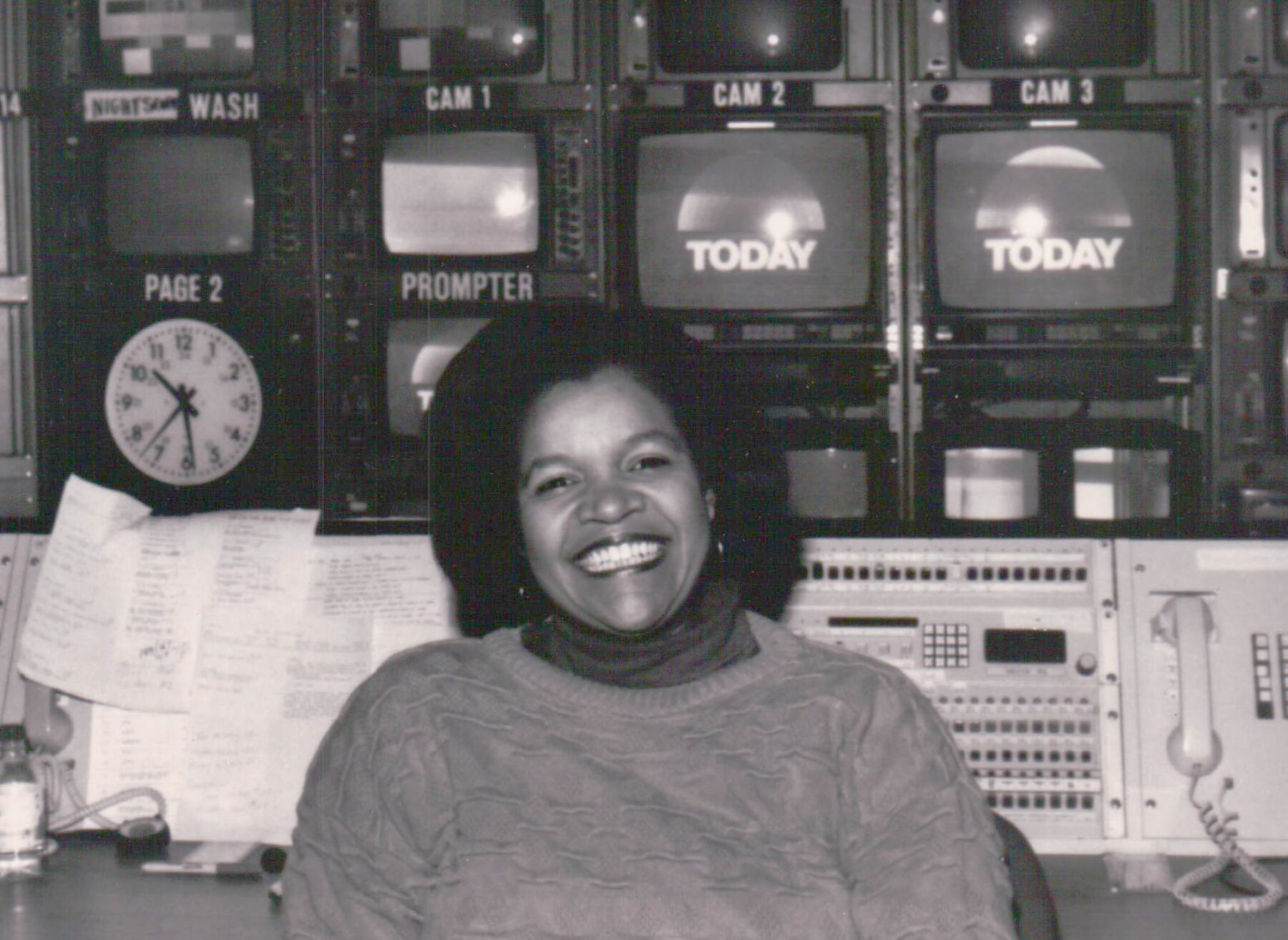
I got other people involved, and I remember we were able to pick out some of those stories that were offensive, depictions and stereotypes that we thought needed to be addressed. There was a “Law and Order” show that starts out with a dead woman on the subway. Asian people with cameras came and started taking pictures of the dead woman. How stereotypical is that? Michael Gardner, who was the president at that time, brought us all together. We did a show for in-house, and people realized [they] were stereotyping according to race or ethnicity.
Some people thanked us — they were going to spend a lot more time understanding what effect those stories have on communities. We had people who just ignored it, but I was happy that there were more people who were awakened by this than not.
It is so incredibly important to have a diverse newsroom. There’s a saying about the need to be at the table and not to be on the menu. We need to be at the table, to be listened to. We talk about diversity, equity and inclusion — inclusion is a very important part of that. In some cases, through NABJ, we’re able to advocate to make sure that the president of ABC News is a Black woman, the president of MSNBC is a Black woman. We’re able to talk about the importance of that because we’ve been at the table, and we need to continue to be at the table.
How can journalists improve their cultural competence?
Get out of the newsroom a little more and learn about the communities they serve. Get background [information], research, spend time in the communities.
You may not have a story on homelessness, but go to a soup kitchen. I remember going to soup kitchens and talking to people because I was curious. “How did you get on the street?” Man, that brought me to Vietnam [War-related] issues, it helps you figure out why we’re in the state that we’re in. It’s not just watching television or reading a press release. It’s really going out and learning about the people around you.


